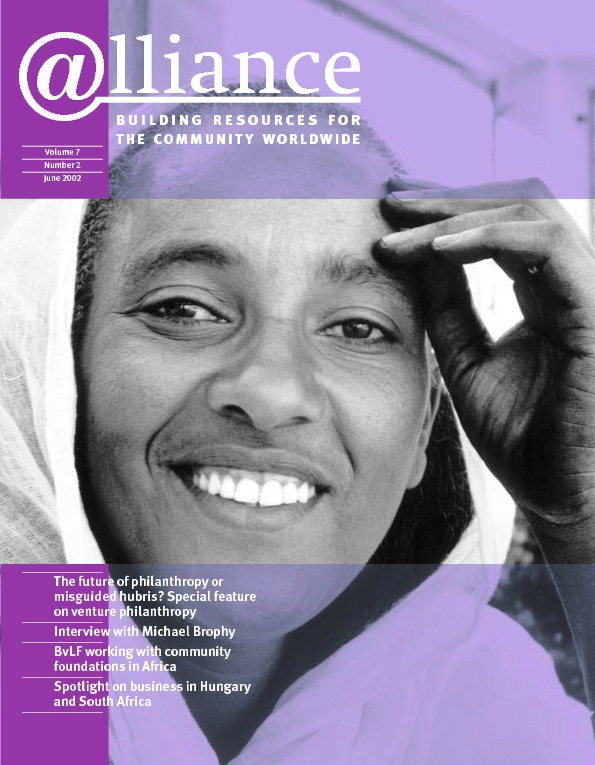Founded in Geneva in 1996, the International Guarantee Fund (IGF) aims to help in a different way: instead of giving money, it guarantees loans, thus making it possible for its Southern partner organizations to take out loans from local banks in local currencies. This helps develop local economies, which is the only way of fighting poverty.
IGF does this by using money held in a fund in Switzerland in UBS Geneva to provide guarantees in favour of local banks in the South. Local banks are then able to grant loans to IGF partners to finance their economic activities. In other words, funds invested in IGF are used as a collateral for bank guarantees.
These guarantees normally cover only part of the credit granted, the aim being to encourage risk-sharing by local banks. In IGF’s experience, each guarantee issued can generate locally, in the medium term, three times more credit than the amount of the guarantee. However, local banks are not always ready to accept a leverage effect from the first year. When the risk is entirely covered by IGF, it can often negotiate a below-market interest rate. IGF’s own risks are limited by adequately balancing different activities and regions.
Selecting the beneficiaries
IGF identifies its partners through local consultants. They are all groups that contribute to job creation – micro-enterprise associations, fair trade cooperatives or savings and credit unions. They must have some accumulated savings or capital, and be aiming for self-sufficiency in the medium term. Any profits are ploughed back into the partner organizations.
The end beneficiaries, who receive funds from these organizations, are micro-entrepreneurs in urban or rural areas: small farmers, craftsmen, traders, cattle breeders, etc.
Strengths of the guarantee scheme
The central advantage of the IGF scheme is that it reduces dependency relationships between the North and the South. It enables IGF partners to establish commercial relations with banks in their own country and contributes to creating a climate of trust between NGOs and local banks. This helps reduce the perceived importance of the international aid system and leaves the beneficiaries free to choose their own approach to local development.
There are also financial advantages to the scheme. In comparison with locally invested funds, a guarantee minimizes the risk of currency depreciation, since the funds remain in Switzerland. Furthermore, as the guarantee is issued in hard currency and the credit is usually granted in local currency, the collateral is worth even more in devaluation-prone countries.
The guarantee scheme also avoids exchange restrictions. In several countries where IGF has been working (eg Rwanda, Ecuador), the government has taken measures to prevent or restrict fund transfers to foreign countries. This would make it very difficult, if not impossible, for loans to be repaid. With a guarantee and a local credit, the partner is able to continue to work with its overdraft in local currency.
At present there are 56 members/shareholders: 25 Southern partner organizations in Latin America and Africa,[1] 6 Northern organizations and 25 individuals. One share has a nominal value of CHF 1,200 (about US$750); no dividends are paid. Each beneficiary organization must subscribe to the IGF for 10 per cent of the value of its guarantee with a minimum of five shares.
At the end of February 2002 paid-in capital was CHF 811,200 ($500,740) and the Reserve Fund stood at CHF 480,000 ($296,000).
1 Ecuador, El Salvador, Peru, Chile, Nicaragua, and Guatemala; Senegal, Burkina Faso, Togo, Rwanda, Benin and Burundi.
Fernand Vincent is a board member and founder of IGF. He can be contacted at info@fig-igf.org
For more information
http://www.fig-igf.org






Comments (1)
we are interested to have a bank guarantee for our organization dealing in micro enterprise development in Kenya registered as a society for small scale entrepreneurs in Kenya offering micro business loans to entrepreneurs Thanks..